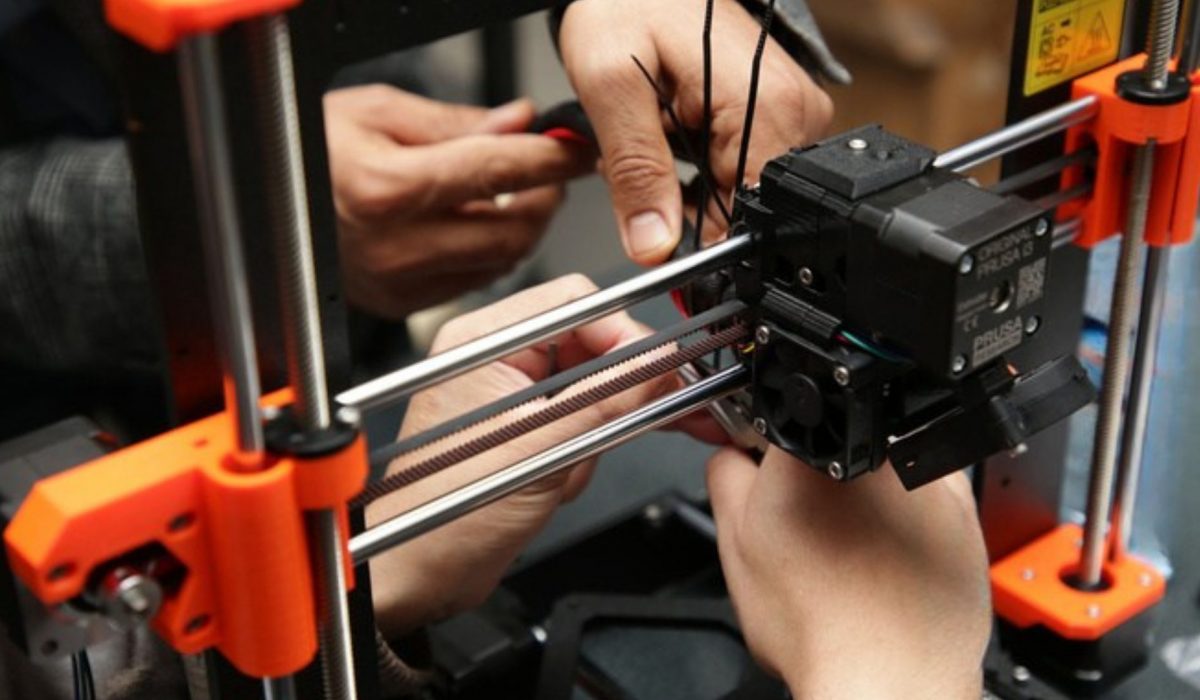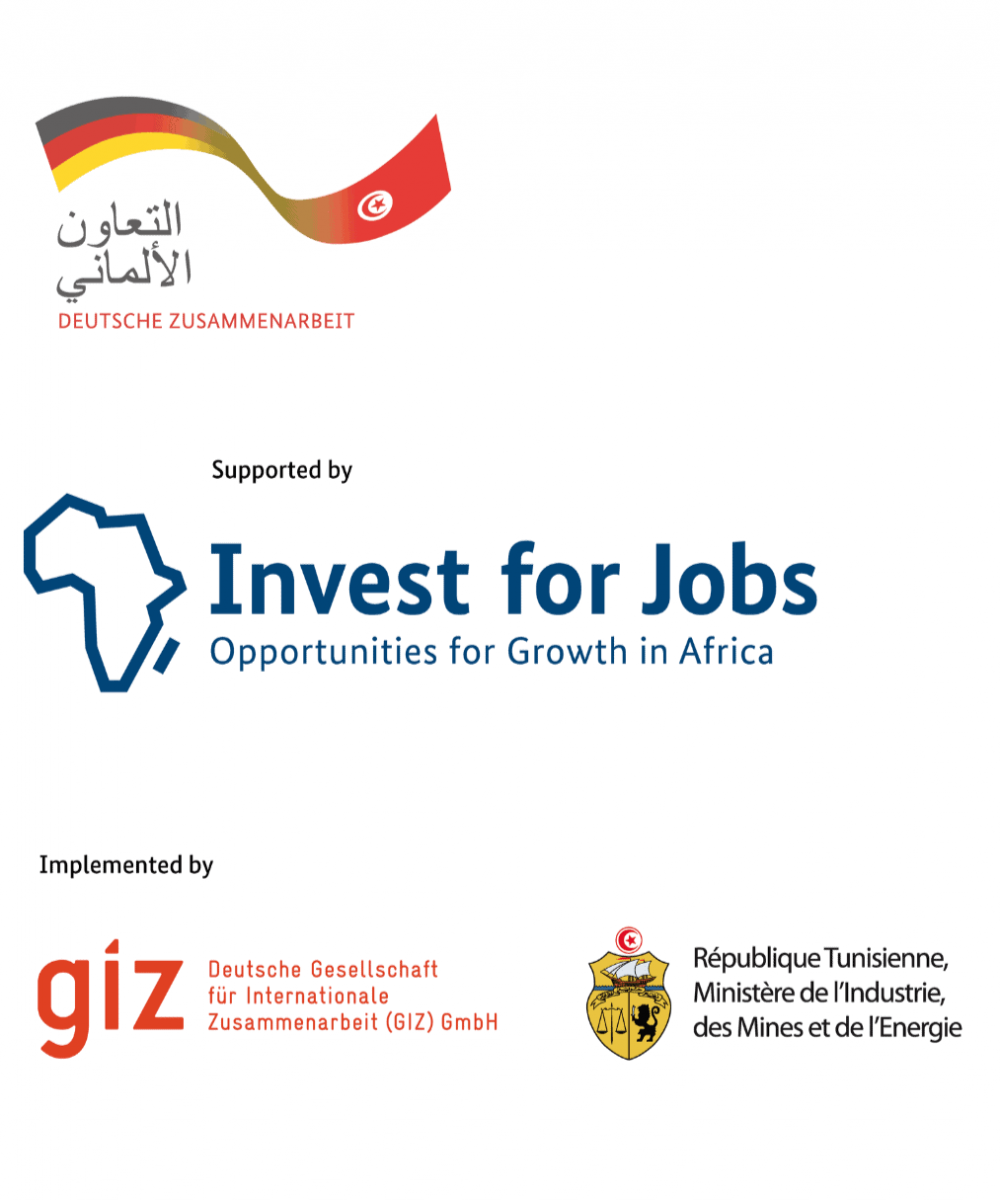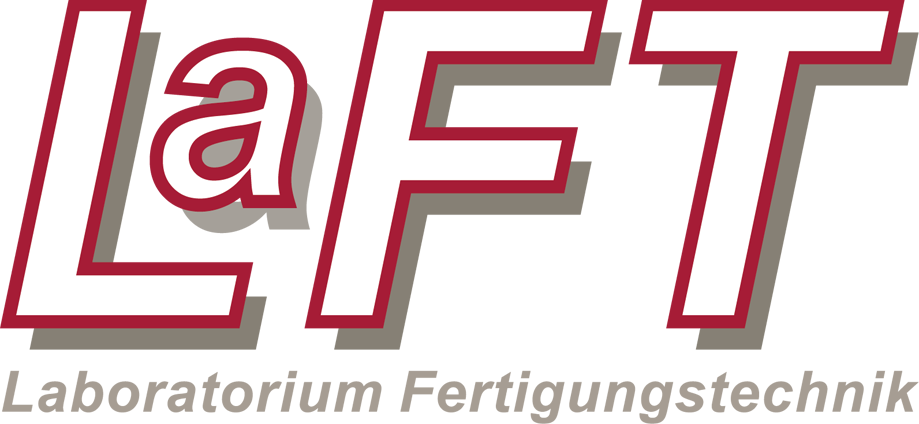
Digitalization for job-rich growth in Tunisia
Open Labs and Open Source Appropriate Technologies as drivers of technological empowerment and economic development in Tunisia:
The Digital4Jobs project investigates how open labs and open source appropriate technologies (OSAT) can contribute to the technological empowerment of local populations and the bottom-up development of local economies. The project aims to establish open production facilities that enable local access to digital production technologies and the development of skills in this area. As empirical studies in this field are still rare, the project plays a crucial role in research and development.
Key Points
- Establishment of open labs (open production facilities) based on OSAT principles.
- Focus on digital manufacturing technologies and grassroots innovation.
- Promotion of user innovations, skills development, and local economic strengthening.
- Empirical research to validate the open lab model in various contexts.
- Expansion and application through regional initiatives such as Makers for Tunisia and PISWI (Places of Incubation).
- Contribution to scientific discourse and practical innovation ecosystems in Tunisia.
OpenLab Tunis
The first OpenLab in Tunisia specializing in textiles:
The Open Digital Manufacturing Lab (OpenLab Tunis) is a multidisciplinary space for experiencing and experimenting with relevant digital manufacturing technologies in the hardware sector, bringing together various stakeholders and partners. The OpenLab is run by the OpenLab team at CETTEX – the Technical Center for the Textile Industry in Tunisia. Read more about the opening of the OpenLab in Tunisia in our blog post.

Grand opening of OpenLab Tunis at CETTEX, the technical center for the textile industry, in collaboration with GIZ Tunisia and the Ministry of Industry, Energy, and Mines. Pictured from left to right: Ms. Fatma THABET CHIBOUB (Minister of Industry, Mines, and Energy), the Governor of Ben Arous, Mr. Ezzeddine Chelbi, and Mr. Mohsen El Missaoui (Director General of CETTEX) at the official opening of OpenLab Tunis.

Dr. Tobias Redlich (Academic Director of the New Production Institute) on the panel at the opening ceremony of OpenLab Tunis at CETTEX, Tunisia.

Dr. Juan M. Grados Luyando, scientist and project manager at the New Production Institute: “As part of the initiative ’Towards an Industry 4.0 in Tunisia’, we have implemented an Open Laboratory for Digital Manufacturing (OpenLab) to promote innovation and local value creation with digital fabrication with the support of the New Production Institute (NPI).”

Main entrance of CETTEX in Tunisia to OpenLab Tunis.



From March 4 to 8, 2024, the NPI organized a hackathon in which teams from various technical centers focused on designing, developing, and executing solutions tailored to industry-specific challenges. On the final day, the teams presented the results of the week-long hackathon (see photos below) to a wide audience of engineers from all industries, as well as representatives from GIZ Tunisia, Helmut Schmidt University, and the directors general of the technical centers.
The hackathon’s technical advisory team was led by project manager Dr. Juan Manuel Grados Luyando (NPI) and supported by our partner InMachines Ingrassia GmbH in collaboration with local open source hardware specialist Fab619.

Shoe lasts: The CNCC team created digital models of shoe lasts and streamlined their production using 3D printers to improve speed and efficiency compared to traditional methods. To achieve this, they acquired knowledge in the use of Grasshopper, a powerful plug-in for Rhinoceros 3D that enables the creation and automation of complex parametric designs.


7 teams – 5 days – 11 prototypes:
These are the results of the first hackathon in Tunisia at OpenLab Tunis, March 2024 – selected project results are shown in the following photos. The entire article can be read here: Prototyping and soft opening at the first OpenLab in Tunis | The New Production Institute

Automatic sewing machine: For this project, the CETTEX team developed and integrated various components to automate the functions of a typical industrial sewing machine. Arduino boards were used to control solenoid valves and sensors, and 3D printing was used to produce guides for the fabrics and custom fastening systems for the new integrated components.


Luminous jacket: The CETTEX team designed an innovative jacket with built-in, battery-powered LED lights that meet the needs of workers. These LED strips are strategically positioned on each side and offer versatile lighting options, such as continuous illumination or a flashing mode.


Smart clothing: This project by the CETTEX team involved integrating IoT sensors into clothing to monitor temperature and heart rate. This challenge required the implementation of real-time streaming of sensor data via WebSockets to a smartphone for effective data tracking.
Key results
- Development and implementation of a functioning open lab based on OSAT (OpenLab Tunis).
- Creation and use of locally relevant, open-source digital manufacturing tools.
- Regional testing of Open Lab models in Tunis, Monastir, and Ksar Hellal.
- Strengthening innovation capacity through localized incubation and knowledge sharing.
- Contribution to a growing body of empirical knowledge about open production ecosystems.
- Publications documenting results and case studies from practice.
Partners and Funding
The New Production Institute at Helmut Schmidt University has established OpenLab Tunis as an open laboratory for digital manufacturing to promote the innovation strategy of local value creation with digital manufacturing tools on the path to Industry 4.0 in Tunisia.
This activity is part of the national initiative “Towards Industry 4.0 in Tunisia”, launched by the Ministry of Industry, Energy and Mines, supported by the special initiative “Decent Work for a Just Transition—Invest for Jobs” of the German Federal Ministry for Economic Cooperation and Development (BMZ), and implemented by the GIZ Tunisia Digital Transformation Program in partnership with Helmut Schmidt University (HSU).
Dictionary
Open Laboratories
Open Labs are shared, freely accessible production spaces that promote decentralized, user-driven innovation through digital manufacturing and OSAT. They support hands-on learning, local production, and community-based development.
OSAT
Open Source Appropriate Technology (OSAT) refers to technologies that are open source and at the same time adapted to local needs and resources. The aim is to develop technological solutions that are cost-effective, repairable, and locally reproducible—often with the help of digital manufacturing processes such as 3D printing or CNC milling.
Project title & duration
- Digital4Jobs – Digitization for Job-Creating Growth in Tunisia
- 2021-2023
Partner projects
- Makers for Tunisia
- PISWI – Places of Incubovation






